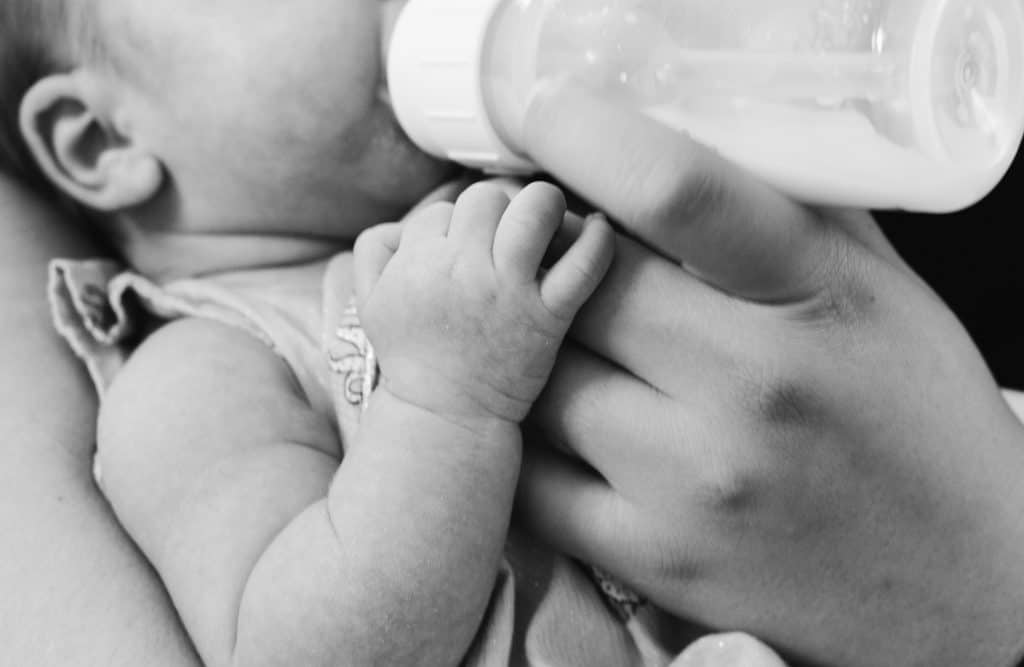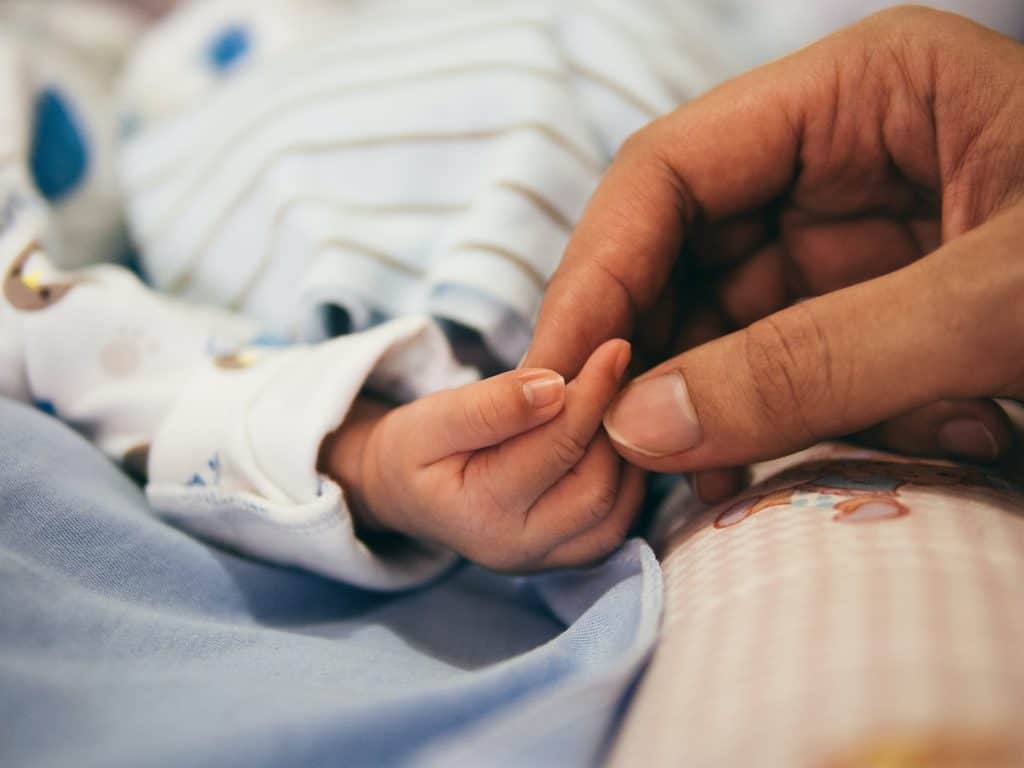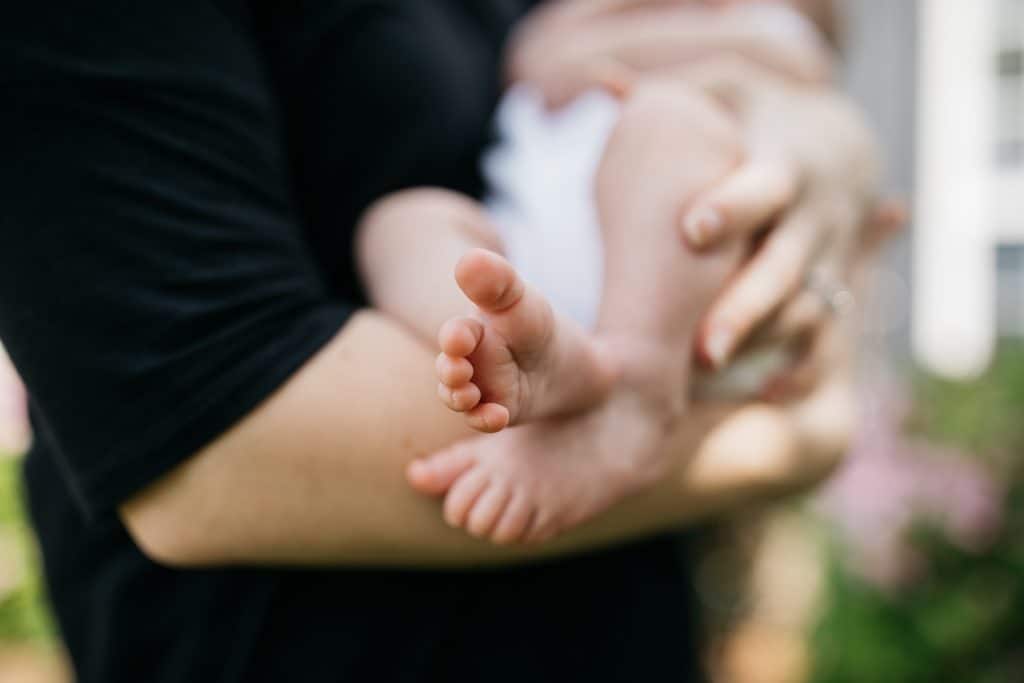“Breast is best” has been cited by many organisations including the World Health Organization and Unicef. Unicef even has it’s own initiative called the Baby Friendly Initiative. All these steps are aimed at new mum’s to encourage breastfeeding as exclusively as possible. We know there are health benefits to breastfeeding, particularly short term benefits. I’m not here to dispute that. And this wonderful article on the BBC provides a thorough review of recent studies and research. But what is the impact of this rhetoric around breastfeeding on a new mother? From my own recent experience I can only conclude that whilst “breast is best” in some cases. Overall, fed is best.
Breastfeeding for Everyone?
Pre-Natal Preparation
Right from the start the messaging was there. In the waiting room of the birth centre were posters. They cited the benefits of breastfeeding. The TV playing adverts showed videos of how to help a baby latch. And the health benefits of breastfeeding. The writing was literally on the wall. Breastfeeding was the only endgame for a new mother.
When we started antenatal classes, all the information was offered like a buffet. Have a look at what’s available and pick what’s right for you. What kind of buggy is your preference or do you prefer a sling? Are you happy to co-sleep or is a pack ‘n’ play, cot or moses basket for you? Is wipes part of your nappy changing kit or are you water and cotton wool all the way? Everything seemed to play for to help you find the right way for mummy and baby.
Breastfeeding Bias
And then we started to talk about breastfeeding. This was the only time when no alternatives were on offer. Gone was the smorgasbord. There was no mention of eventualities where breastfeeding wasn’t part of your motherhood journey. It barely registered at the time because I had assumed I would breastfeed. I’d never even given it much thought. And that in itself is telling.
Think of all the adverts you see of mothers with babies in their arms. And all the unjustified vitriol around women breastfeeding in public. Interestingly, looking for pictures for this post I could find loads of breast feeding pictures. But very few for bottle feeding. All these direct and indirect messages created an equation. A mother is someone who breastfeeds a baby.
Post-Natal Breastfeeding Journey
Once we got into post-natal territory the rhetoric continued. Our hospital wouldn’t provide formula unless there was a medical reason. This is part of the Unicef Baby Friendly Initiative. And whilst I agree that people actively choosing to bottle feed should provide their own equipment etc., after all we know the NHS budget is hardly infinite. I wondered about the women, like me, who assumed they would breastfeed only to find they couldn’t. (Although it is important to note that the Baby Friendly Initiative is trying to open the conversation about breastfeeding in a non-judgemental way).
It started fine in the hospital. But 24 hours after my c-section I found myself at home with a baby who wouldn’t latch. After hours, we fed her some pre-made formula we had the foresight to buy. Next day we contacted our midwife. We were lucky they sent someone during Covid. And so began a slew of midwives who assured me we were doing everything right. And yet the baby wouldn’t latch well. After a few days and a stagnant weight gain we had numerous breastfeeding plans. Combinations of bottles and breast.

Despite my lovely midwives, I’m convinced that all the fussing not only messed with me and my baby. But also my supply. And whilst I don’t dispute that my breast milk may have been best for my baby. After all the tears, both hers and mine. The beginning of our mother/daughter journey was definitely rocky.
Mental Health & Breastfeeding
Judgement First!
Although the judgement was subtle, it was there. From the friend who tried to assure me that I hadn’t “failed” at breastfeeding. To the slight tone of surprise when I mentioned it was “time for a bottle”. And then there was the doctor who, after 6 hours in a waiting room 2 weeks postpartum with a suspected breast abscess, threatened me with surgery if I didn’t pump or breastfeed. Despite being referred because neither option was working.
Overall, I was lucky to be surrounded by people (despite the aforementioned doctor) whose judgements weren’t meant as a critique. And that Covid meant I’ve not had to bottle-feed in public; thereby welcoming all sorts of comments from people I don’t know. But even the use of language and tone tells us all we need to know. That there’s a stigma around bottle-feeding. One that starts right from when we are young and grows in our minds almost insidiously.
Many of us will go on to happily breast feed our babies. And perhaps will never notice the messaging around breastfeeding or lack of information around bottle feeding. But for those like me. The judgement is keenly felt. Even when well meant. And not intended to hurt.
Guilt Next…
In the end, I managed 8 weeks of breast and bottle feeding. For 2 months I sustained the exhaustion of majorly long feeds. Confusing feeding patterns. And heartache and worry for my child. If not for the guilt, I probably would have stopped sooner.
Stopping was a massive relief but the decision troubled me greatly. By now my postnatal mental health left a lot to be desired. And the judgement and guilt acted as an echo chamber for my thoughts. Suddenly the equation that mother = breastfeeding dominated my every waking moment. My heart broke, convinced I had failed as a mother. That I had let down my daughter through my inability to feed her.

But, as with all things, time began to heal all wounds. I found the beauty in bottle feeding. I could finally enjoy the quiet moments feeding my baby. With the bottle in her mouth she gazed at me adoringly. Without having to force a boob on her there were far less tears. And to my joy she started to gain weight and grow as she should.
In the end, I can only conclude the following. Everyone’s journey will be different. Every mother/baby is a different combination. And one has to find what works for both of you. But for me and my baby, a mentally healthy mama and a happy and fed baby was hands down the best choice. So, whilst I think it’s great to encourage breastfeeding. We need to be aware of those who can’t breastfeed; for whatever reason. And what our plethora of information around breastfeeding and paucity of information about bottle feeding could be doing to new mums.
For quick and easy self-care tips for new parents read here.
For more on managing expectations around motherhood read here.

